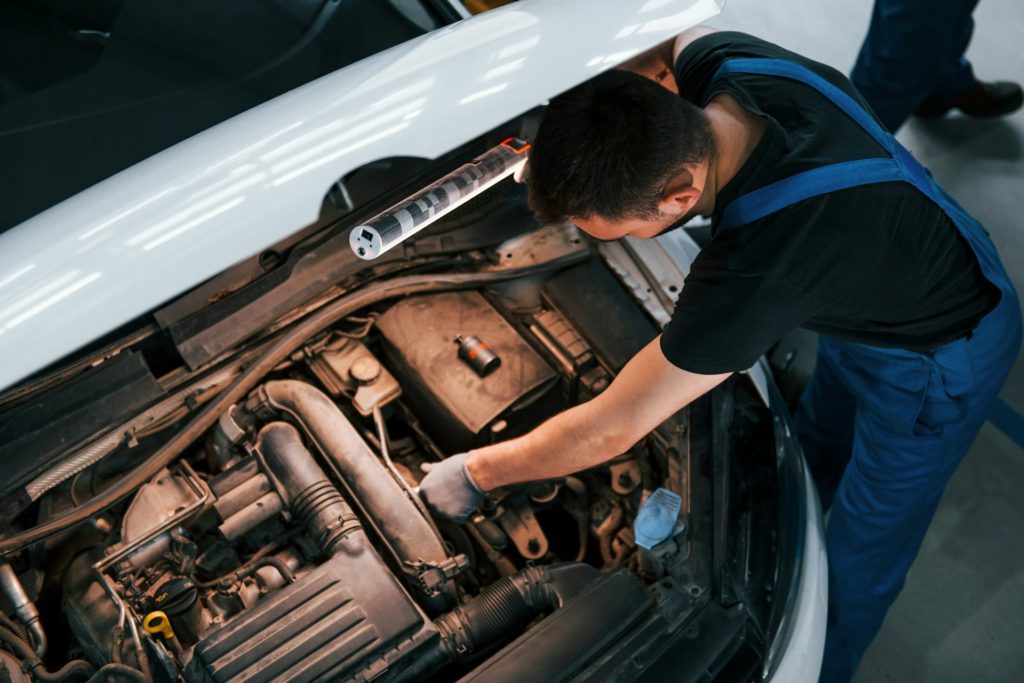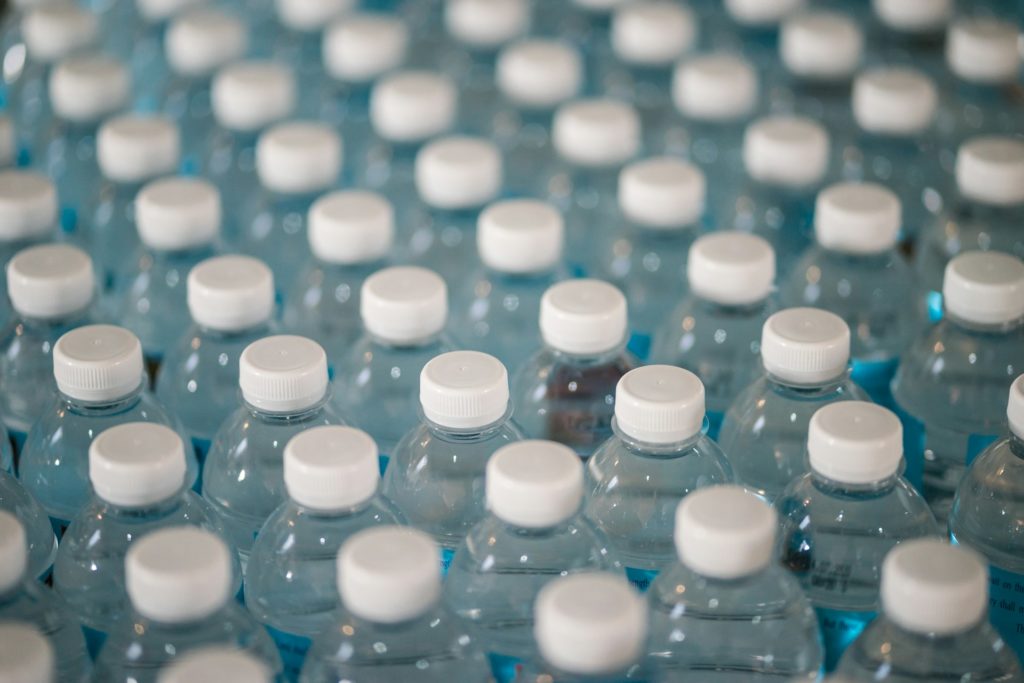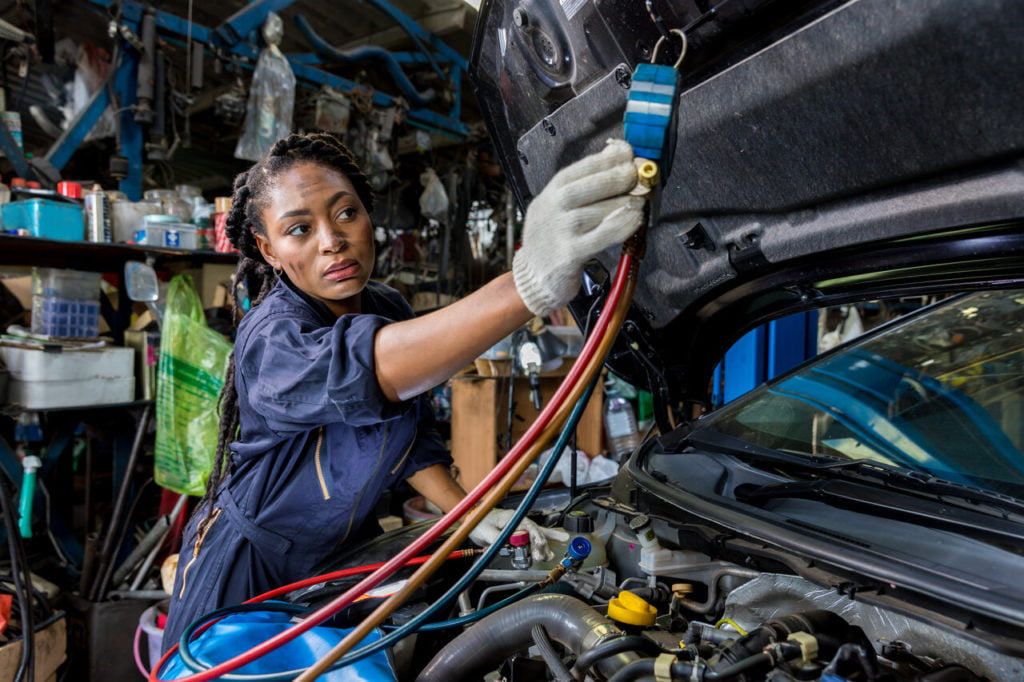The automotive industry is renowned for generating vast amounts of waste, with waste plastic being a primary component. Managing this waste efficiently and sustainably is crucial for reducing the industry’s environmental footprint and meeting increasingly stringent regulations on waste disposal.
Pulse Plastics, an innovative UK-based independent specialist plastic solution provider, offers a transformative closed-loop plastic reprocessing solution that enables automotive companies to revolutionise their waste management practices while working towards a greener future.
This blog will explore how Pulse Plastics supports the automotive industry in managing plastic waste and moving towards a more circular and sustainable model. We will discuss the current challenges automotive manufacturers face in handling waste plastic, explore the benefits of adopting a closed-loop reprocessing system, and outline the steps involved in implementing a successful partnership with Pulse Plastics.
We will begin with a detailed analysis of the complex waste management landscape in the automotive industry. This will include an examination of the vast quantities of plastic waste generated during the manufacturing process, as well as the negative environmental consequences and regulatory pressures associated with ineffective waste management.
Next, we will introduce the concept of a closed-loop plastic reprocessing system, with a focus on Pulse Plastics’ innovative solutions in this domain. We will discuss the environmental and economic advantages of adopting a closed-loop system in the automotive industry and highlight how technological advancements are driving the adoption of these sustainable practices.
Subsequently, we will present a step-by-step guide on how automotive manufacturers can successfully collaborate with Pulse Plastics and embark on a more sustainable plastic waste management journey. This will include the initial assessment of waste streams, customisation of reprocessing solutions, and the provision of ongoing support throughout the partnership.
Embarking on this journey with Pulse Plastics will empower automotive companies to navigate the complexities of waste management and transform their processes into more sustainable and eco-conscious systems that reflect a true commitment to environmental responsibility.
Join us as we explore the potential of Pulse Plastics’ closed-loop plastic reprocessing system in reshaping waste management in the automotive industry and discover how partnering with Pulse Plastics can help contribute to a more sustainable, greener future for all.
1. The Complex Waste Management Landscape in the Automotive Industry
The automotive industry is well-known for generating significant amounts of waste plastic during manufacturing processes, from producing interior components to packaging finished products. Managing this waste efficiently and sustainably is paramount for reducing the sector’s environmental impact and complying with increasingly stringent regulations on waste disposal.
Ineffective waste management practices can result in plastics ending up in landfills or being incinerated, exacerbating pollution and creating negative consequences for both the environment and the industry’s reputation. Furthermore, the disposal of valuable plastic resources without adequate recycling processes represents a missed opportunity to support a more sustainable, circular economy model.
2. Closed-Loop Plastic Reprocessing: A Game Changer for Waste Management
A closed-loop plastic reprocessing system, such as the one provided by Pulse Plastics, offers a transformative solution to waste management challenges faced by the automotive industry. This innovative approach involves collecting waste plastic, reprocessing it into usable materials, and reintegrating those materials into the manufacturing process or other applications.
Adopting a closed-loop system can have significant environmental and economic benefits for automotive manufacturers, including:
- Reduced waste and pollution: By diverting waste plastic from landfills and incineration, a closed-loop system helps decrease pollution and the carbon footprint associated with waste disposal.
- Conservation of resources: Closed-loop reprocessing allows valuable resources to be reused, reducing the reliance on virgin plastics and promoting resource conservation.
- Cost savings: Reprocessed plastic materials can be more cost-effective than using virgin plastics while also reducing waste disposal fees.
- Compliance with regulations: A closed-loop system can help manufacturers meet stringent waste management regulations and contribute to the achievement of sustainability targets.
3. Pulse Plastics: Driving Sustainable Waste Management in the Automotive Sector
Pulse Plastics’ innovative closed-loop plastic reprocessing solution is designed to support the automotive industry in managing plastic waste more sustainably and efficiently. By partnering with Pulse Plastics, automotive manufacturers can benefit from a tailored, end-to-end waste management solution that facilitates the transition towards a more circular and eco-conscious model.
The partnership process with Pulse Plastics involves several key steps:
- Initial assessment: Pulse Plastics will conduct a thorough evaluation of a manufacturer’s waste streams, identifying the types and quantities of waste plastic generated during the production process.
- Customised reprocessing solutions: Based on the initial assessment, Pulse Plastics will develop a bespoke closed-loop reprocessing plan that caters to the specific needs of the manufacturer and ensures the optimal use of waste plastics.
- Ongoing support: Pulse Plastics offers ongoing support throughout the partnership, working closely with manufacturers to continuously improve waste management practices and adapt the reprocessing solution as needed.
4. Implementation: A Step-by-Step Guide for a Successful Partnership with Pulse Plastics
A successful collaboration with Pulse Plastics to adopt a closed-loop plastic reprocessing system in the automotive industry involves the following steps:
- Waste Stream Analysis: Pulse Plastics will assess the manufacturer’s waste streams, determine the types and volumes of waste plastics produced, and identify opportunities for recycling and reprocessing.
- Custom Solution Development: Based on the waste stream analysis, Pulse Plastics will develop a tailored closed-loop reprocessing solution that aligns with the manufacturer’s operational needs and supports its sustainability objectives.
- System Implementation: Pulse Plastics will work closely with the manufacturer to implement the closed-loop solution, ensuring seamless integration into existing processes and systems.
- Continuous Improvement: Pulse Plastics will monitor the performance of the reprocessing solution to identify areas for further improvement and optimisation, fostering a long-term, mutually beneficial partnership.
Conclusion
Pulse Plastics’ closed-loop plastic reprocessing system offers a transformative solution to the automotive industry’s waste management challenges, enabling manufacturers to adopt more sustainable practices, reduce their environmental impact, and comply with increasingly stringent regulations.
By partnering with Pulse Plastics, automotive companies can reshape their waste management processes and embrace a true commitment to environmental responsibility, contributing to a cleaner, more sustainable future for the industry and the world at large.
The collective move towards closed-loop systems and circular economy models not only improves waste management practices but also fosters a mindset shift that empowers the industry to thrive in an environmentally conscious landscape.


